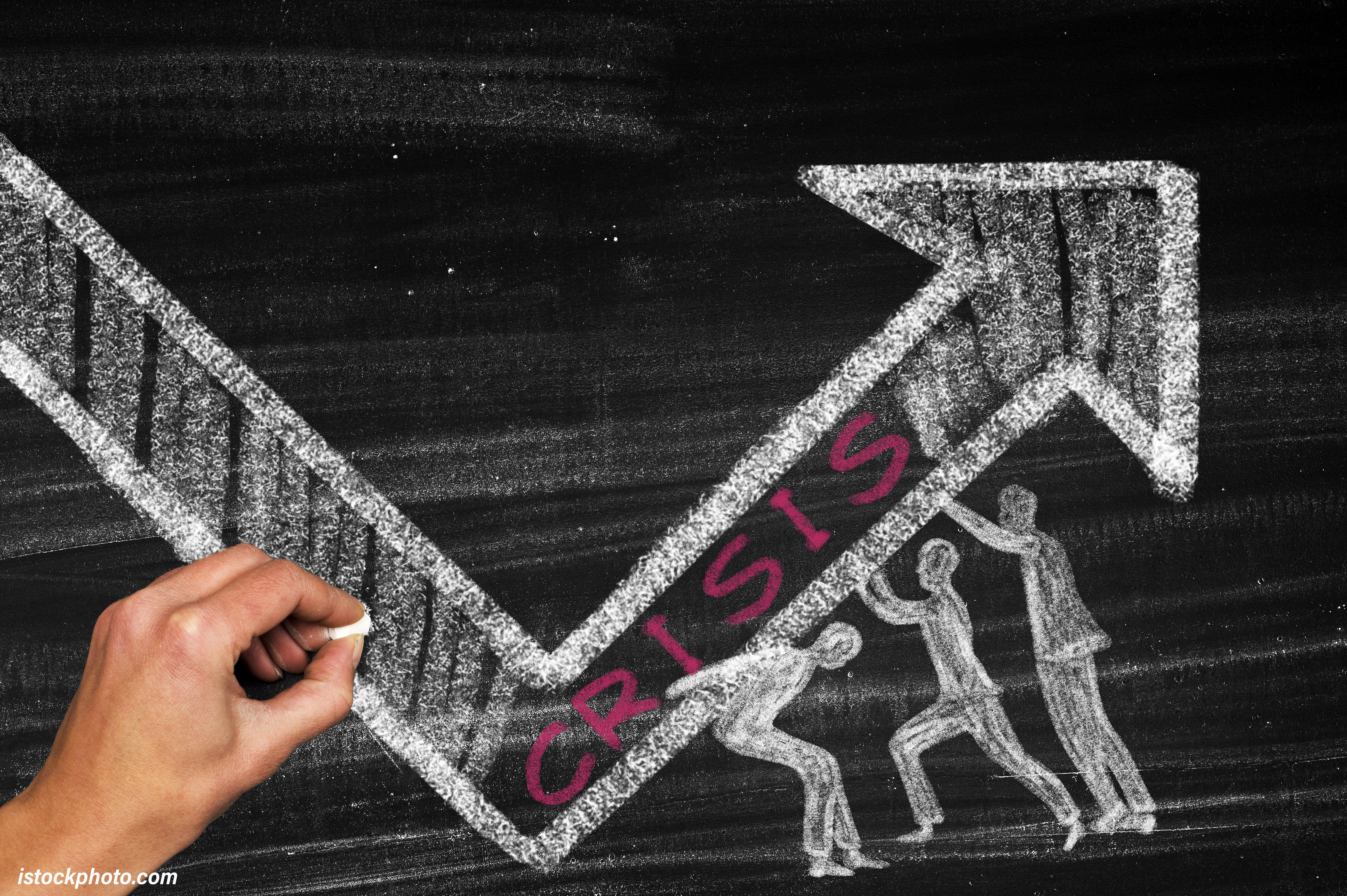
Pernicious bureaucracies shun leadership sustaining themselves on a diet of rules and regulations. A crisis reinforces bureaucracy when vision is absent. A clear sense of direction is the antidote that limits a pervasive, rule-driven ecosystem in any enterprise. The denser the bureaucracy, the greater the propensity to shirk responsibility for personal and corporate action. Legitimate fear of misstep is to be expected in a novel, crisis environment. As familiarity with events and appropriate response decreases, protective bureaucratic behaviors increase. Many organizational behaviors in response to the COVID-19 pandemic prove this point. Leadership is essential in a time of crisis.
Ted Bauer identified six self-protective moves that multiply when challenges are present: the temple of busy, email, the hiring manager shuffle, the consultant hire, the process duck-and-cover and performance improvement plans. There is no need to explain these as anyone who belongs to an organization of two or more people has seen them all. The real issue during the COVID-19 crisis is how leadership assumes responsibility.
Many remember the 1982 Tylenol crisis. People died ingesting Tylenol that contained potassium cyanide. A cure turned into a curse. Johnson & Johnson jumped into action, recalling 30 million bottles of Tylenol with a retail value of $100 million. The right thing to do from an ethical and moral standpoint turned out to be a powerful marketing perspective as transparency came to the fore. Johnson & Johnson recovered. Owning responsibility is always a good idea, whether in a marriage of two people or an enterprise of 132,000.
Five principles demonstrate responsible leadership. In response to COVID-19, the means to reduce rote bureaucratic processes are identified by Stan Amaladas. Leadership and those led should “go to the balcony” and take a deep breath. Look around; don’t panic. Regulating distress and making an effort to maintain self-discipline are also important. Organizational self-discipline guided by a focus on primary purpose and mission is required. Lastly, protecting “the voices from below” and being truly proactive will assist all in navigating the turbulent waters of a crisis without concern for shedding blame (Johnson & Johnson) or avoiding ownership of difficult decisions.
Core values are revealed in a crisis. The leadership goals of trustworthiness, responsibility and respect should be the brightest light. Guiding precepts skyrocket in importance when circumstances are not clear, preconceptions are without value and rulebooks don’t apply. Moving forward through a crisis with functional acuity and principled leadership keeps an organization and its purpose on the front burner for all to see.
Attending to people and what they need during a crisis is paramount, according to Jim Haudan: “Don’t ignore the anxiety people feel. This only magnifies it.” Rather, we should “actively define reality” and “create a new starting line with your people,” says Haudan. A sense of urgency to make organizations work effectively is especially necessary when the going gets tough. “Celebrating all victories, large and small,” is important to support and reinforce positive behaviors. Keeping track of how things are progressing and attending to “rays of light” are positive steps that create hope when it may be scarce.
In the Harvard Business Review, Lyndell Danzie-Black recommends leading from the front confidently and demonstrating a willingness to take charge of circumstances. In addition, being sympathetic towards the people you work with and understanding their challenges in addressing the crisis personally as well as professionally is important. Remain positive; don’t panic. Over the past months, as our university moved from on-campus to online instruction, significant challenges arose for all — students, faculty and staff. An abiding determination to make sure that West Texas A&M University did its most important work, providing educational opportunities to students, was present.
Organizational self-preservation at the height of a crisis may aid in minimizing fear if correctly managed. Positive results follow from focused leadership. A nearly omnipresent commitment to doing things well in spite of circumstances and meeting the goals of the enterprise become a force to focus forward and productively work through whatever current challenges might be. Protective organizational behavior, on the other hand, has no place during a crisis and only leads to confusion.
Walter V. Wendler is President of West Texas A&M University. His weekly columns are available at http://walterwendler.com/.




